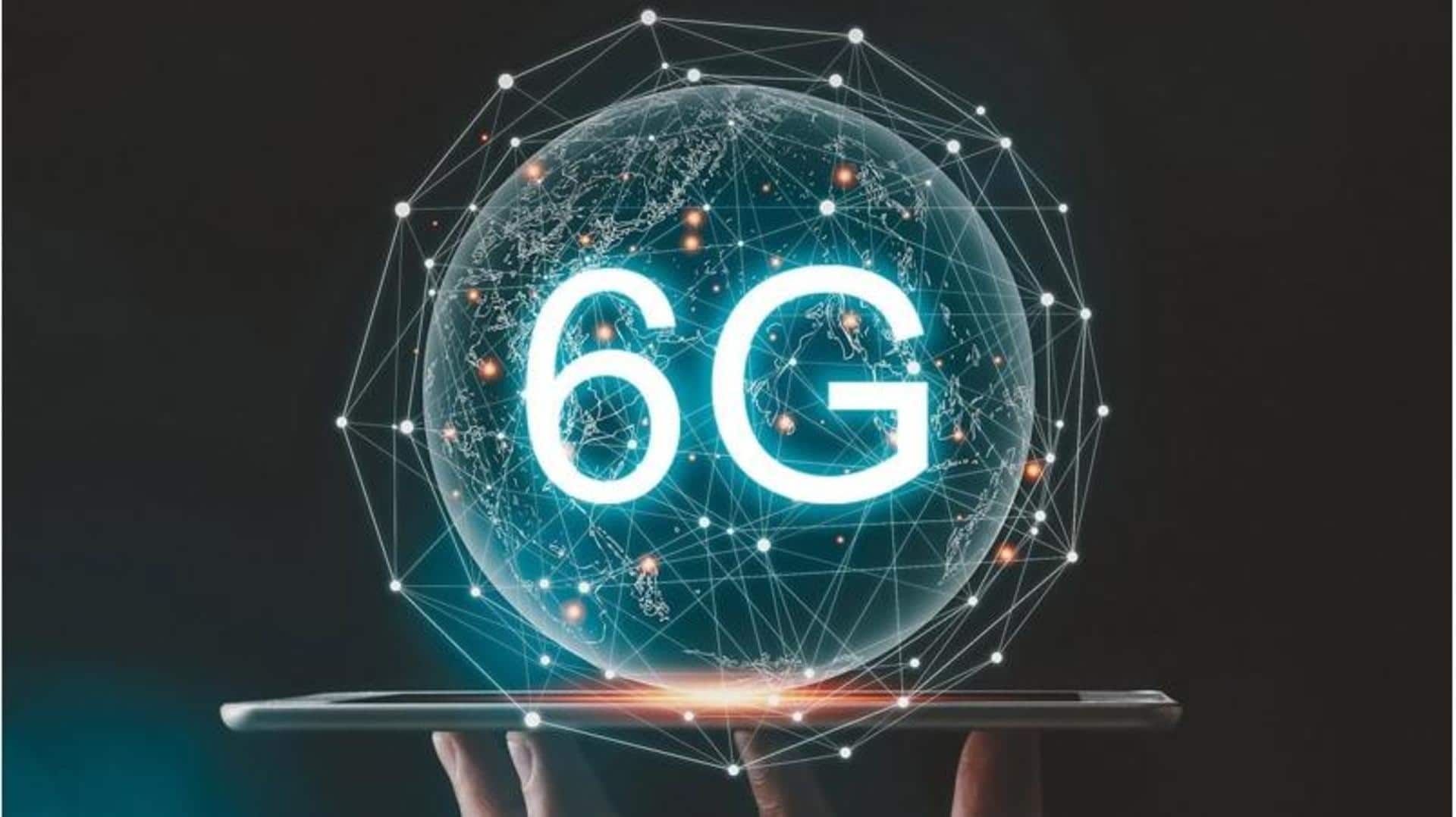
Forget 5G, this country is working on 6G technology
What's the story
The 5G infrastructure deployment is still underway worldwide.
However, South Korea, which is one of the world's major technology hubs, has decided that it will introduce its 6G service by 2028-two years before the original schedule set by the country's Ministry of Science and ICT.
The rigorous plan also seeks to encourage domestic manufacturers to produce materials for 6G technology.
Context
Why does this story matter?
South Korea led 5G development with a significant number of patents. Now, to establish early dominance in the upcoming wireless frequencies, the country is gearing up for the sixth-generation service ahead of time.
Korea's ICT ministry says that the plan is to meet the demand for higher speed/lower latency. However, it intends to obtain a leading position in future network infrastructure.
Timeline
The original plan was set for 2030
Earlier, the Korean government had planned to introduce 6G services in accordance with its K-Network 2030 plan.
However, now the launch of the commercial service of the sixth-generation network has been preponed by two years.
The goal of this action is to secure top-notch 6G technologies while also innovating the software-based next-generation mobile network and strengthening the network supply chain.
Finance
An R&D plan worth 625.3 billion won is underway
Korea's Ministry of Science and ICT says that a plan worth 625.3 billion won (nearly Rs. 3,992 crore) is underway for research and development projects on core 6G technologies.
In addition, the ministry is encouraging the country's local businesses to produce materials and equipment for 6G technology.
It has also asked manufacturers to develop a 6G-based open RAN (Radio Access Network) for mobile devices.
Scenario
6G will create new opportunities for local companies and researchers
South Korea, the fourth-largest Asian economy, accounted for 25.9% of 5G patents, right behind China at 26.8%.
The country now aims to raise that figure to 30% or more for the sixth-generation network patent competition.
The nation's advanced 6G development strategy will also open up new doors for its regional businesses/researchers to get involved, creating new jobs and leading to economic growth.
Comparison
5G v/s 6G technology: What are the differences?
Theoretically, 5G offers speeds of up to 10Gbps, which is 30 times faster than the speed of 4G LTE-Advanced (at 300Mbps). It uses higher frequency bands and is deployed in 24GHz to 66GHz mm-waves.
The 6G will succeed 5G with even faster speeds. It has already been reported to achieve 206.25Gbps speed in a China-based lab. This technology will operate in 30-300GHz mm-waves.